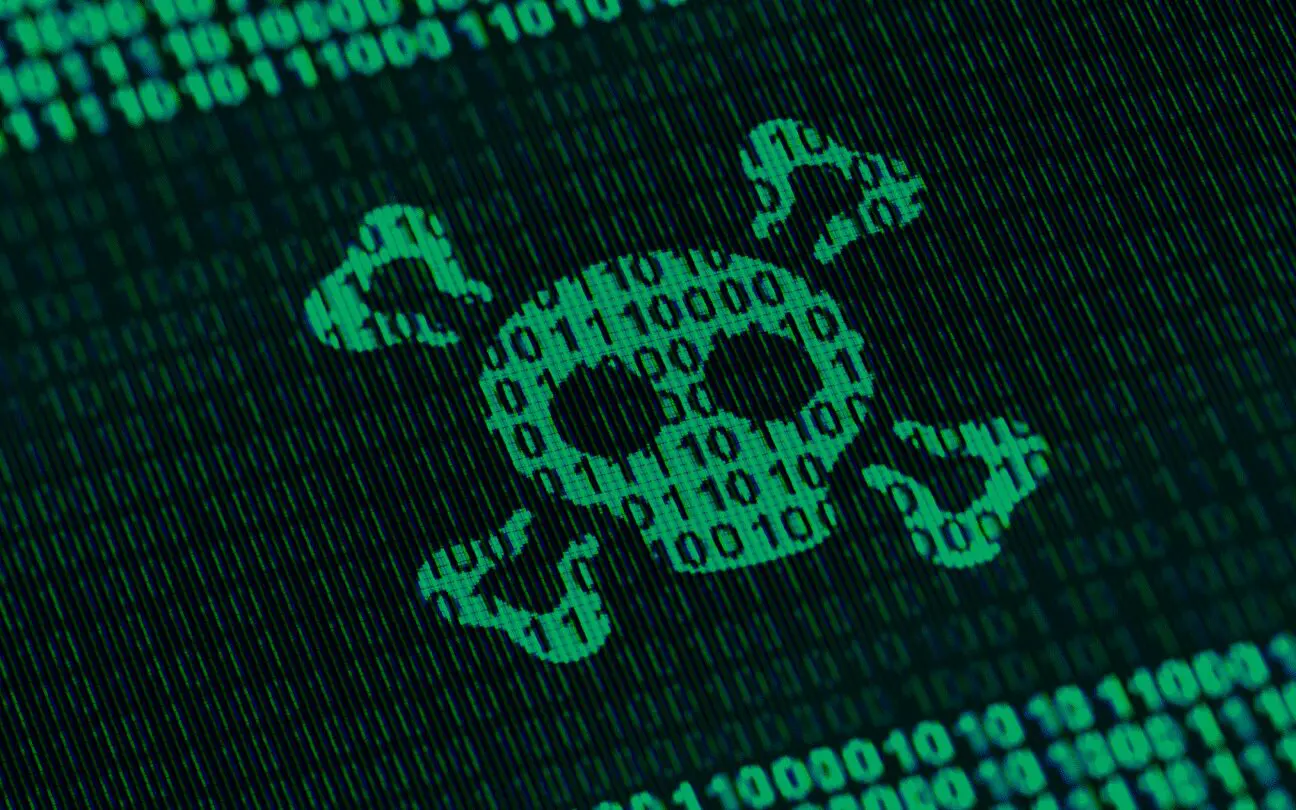If you are the victim of a cybercrime, you are not alone. Cybercriminals are well-organized, sophisticated, and relentless. Due to its large population and economic success, Florida is a popular target for cybercriminals. According to the FBI, Florida ranked #3 in the nation for the number of cyber crime victims in 2023, with financial losses exceeding $874 million. Cyber Florida is not a law enforcement organization; however, there are several local, state, and federal law enforcement agencies that are responsible for cybercrime as well as several nonprofit organizations that work to assist victims of cybercrime.
WHAT COUNTS AS CYBERCRIME?
Florida has several laws in place that address various areas of cybercrime, including cyberbullying, cyberstalking, and fraud.
- The Florida Computer Crimes Act addresses computer-related crimes, stating that it is illegal for any person to knowingly, willingly, and without authorization
- Introduce a computer contaminant (such as a virus or ransomware) or modifies or renders unavailable data or programs
- Destroy data, programs, and equipment
- Disclose or takes data that is a trade secret or confidential (as defined in the statute)
- Access or causes to be accessed a computer, system, network, or device without the user’s authorization
- Disrupt or deny a user’s ability to transmit data to and from their device
- The Jeffrey Johnston Stand Up for All Students Act prohibits cyberbullying of any student or employee of a public K-12 educational institution during any school-related or school-sponsored activity or through the use of school information or equipment.
- Florida Statute 784.048 makes stalking (harassment), including cyberstalking, a crime. Under this statute, cyberstalking includes harassment through the use of electronic communications as well as accessing or attempting to access the online accounts or internet-connected home electronic systems of another person without that person’s permission.
-
The Florida Communications Fraud Act states that any person who engages in a scheme to defraud and obtains property (including money) is guilty of organized fraud and that any person who, in furtherance of such a scheme, communicates with any person with intent to obtain property is guilty of communications fraud.





